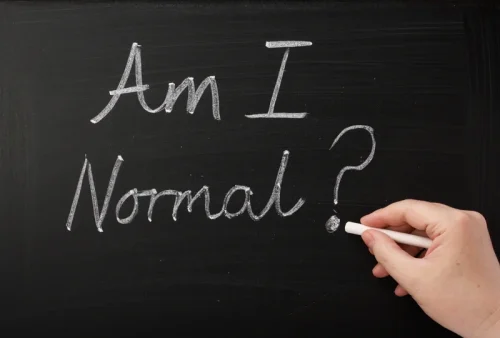
Many people experience shakes and tremors when they’re hungover, but they’re unlikely to be the same from one person to the next. It’s important to note that while alcohol can be part of a healthy lifestyle, it is still not an ideal source of calories. A massive 2023 meta-analysis that reviewed over 107 studies encompassing over 40 years’ worth of data suggested that no amount of alcohol is completely safe. Therefore, moderation and careful selection are key to incorporating alcohol into a healthy diet. Even if you follow the trend of adding veggies to your cocktail, mixed drinks aren’t exactly a superfood.

What helps with alcohol withdrawal at home?
DTs are severe, potentially deadly, symptoms that may include a racing heart, profuse sweating, confusion, vivid hallucinations and delusions. It’s estimated that about 4-5 percent of people undergoing alcohol withdrawal experience the DTs. Those who have been heavy drinkers for many years are most at risk. Even side effects like vomiting and sweating can contribute to dangerous dehydration, which can be deadly.
The Vital Role of Medical Supervision in Alcohol Detox: Your Path to a Healthier Future
The symptoms can range from mild to severe, with the most severe being life-threatening. Make no mistake about it, alcohol withdrawal symptoms can be severe, and in some cases fatal. If you are a daily drinker, a heavy drinker, or a frequent binge drinker, suddenly quitting will likely produce a wide range of uncomfortable symptoms.
How is delirium tremens diagnosed?
Our staff is prepared to help you focus on your physical health, so the detox process is as comfortable as possible. Practicing a healthy lifestyle benefits all aspects of your life. The https://ecosoberhouse.com/article/5-alcoholic-types-in-alcoholism/ more your physical and mental health improves, the less likely you are to experience tremors or other residual withdrawal symptoms, and the greater quality of life you will enjoy.
- This material is provided for educational purposes only and is not intended for medical advice, diagnosis or treatment.
- In a country where drinking is widely available in many settings, it can be hard to tell when your drinking has crossed the line into a problematic habit.
- There are specific medical treatments that will stop or reduce most of the symptoms you could experience if you quit cold turkey.

Withdrawal symptoms can quickly go from a bad hangover to a serious medical situation. However, medical complications can occur during how to stop tremors from alcohol the acute phase of withdrawal. Remember you are facing a difficult challenge during alcohol withdrawal, but you are not alone.
Why do hangover shakes happen, and are they a sign of anything serious? Read on to find out and pick up a few tips to help yourself feel better. American Addiction Centers (AAC) is committed to delivering original, truthful, accurate, unbiased, and medically current information. We strive to create content that is clear, concise, and easy to understand. Karen Asp, M.A., is an award-winning journalist and author who covers health, nutrition, fitness, travel and animals (companion and farmed). In a country where drinking is widely available in many settings, it can be hard to tell when your drinking has crossed the line into a problematic habit.
- If you have alcohol use disorder and want help, a healthcare provider can guide you to resources and rehabilitation programs to help you quit.
- As a central nervous system depressant, alcohol slows brain activity and reduces energy levels.
- When an individual consumes alcohol regularly, the CNS becomes accustomed to its depressant effects.
- However, it’s important to consult a healthcare provider before starting any supplements, as they can advise on the most appropriate regimen based on individual health needs.
What Helps With Alcohol Withdrawal? 18 Tips

Not drinking breaks the cycle of consuming and withdrawing from alcohol. This article will review alcohol shakes, their causes, treatment, the other signs of alcohol withdrawal, and when a person should contact a doctor. Alcohol shakes are a common symptom of alcohol withdrawal that may occur when a heavy or long-term drinker stops drinking.
What are the 17 Symptoms of PTSD?
- The most dangerous form of alcohol withdrawal occurs in about 1 out of every 20 people who have withdrawal symptoms.
- In a heavy, long-term drinker, the brain is almost continually exposed to the depressant effect of alcohol.
- In the case of long-term alcoholics, though, shakes can be a sign of delirium tremens, which is a very serious condition.
Alcohol-induced shakes or tremors usually happen in the hands and arms but can also affect the head, tongue, and other body parts. Research has found that these tremors peak 10 to 30 hours after the last drink and can last for days. The body’s reaction to alcohol’s absence can be painful and dangerous, highlighting the importance of seeking medical support.